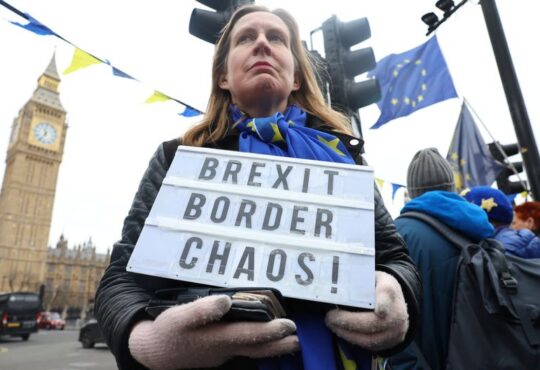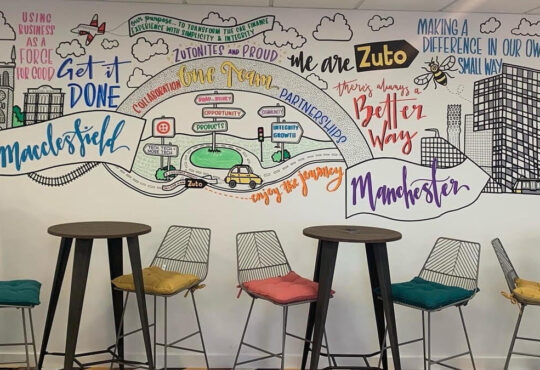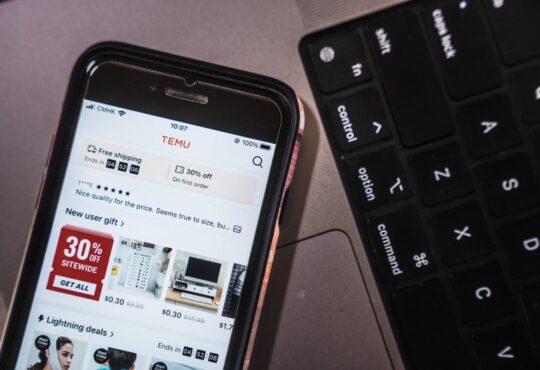When word spread that Metro Bank had entered talks with its investors about a major financial restructuring monitored by the Bank of England, many in the City of London saw a problem. Jaime Gilinski spotted an opportunity.
“The situation developed very fast,” the 65-year-old Colombian billionaire said after he swooped to take control of the UK lender, as part of a broader £925mn deal announced on Sunday to shore up its balance sheet. “But what has come out of it . . . will allow the bank to have a period of stability to really develop growth.”
The acquisition was Gilinski’s 14th banking acquisition in a business career that began when he started working Saturdays at the age of 11 in his father’s toolmaking factory in his native Colombia. Five years later, he began studying industrial engineering in the US. An MBA at Harvard followed, then a year as an M&A banker at Morgan Stanley.
While on holiday in London in 1991, he did his first banking deal, as the demise of the Bank of Credit and Commerce International made headlines.
“I read in the FT that the BCCI bank had collapsed,” he explained last year. “My dream was to be a banker so I got in contact with Touche Ross, the liquidators and asked if I could buy the Colombian business.”
More than three decades later, the softly-spoken, publicity-shy financier presides over an empire spanning banking, commercial property, food manufacturing and media in the US, Latin America and the UK. He has amassed a personal fortune estimated by Forbes at $4.9bn.
He divides his time between Panama, Miami, Bogotá and London and his four children all work in family businesses. His daughter, Dorita, sits on Metro Bank’s board.

Gilinski first picked up a stake in the challenger bank in 2019, sensing a bargain in the wake of an accounting scandal that wiped nearly 90 per cent off Metro’s share price and triggered fines from regulators. It was an existential moment for the lender, the first of the challenger banks that pledged to overhaul the UK retail lending sector in the wake of the financial crisis.
This year, when he learned Metro needed fresh capital, he saw a chance to take control for an additional £102mn — a fraction of the £1.8bn that a majority stake would have cost when the share price peaked in 2018. The deal agreed on Sunday — which still needs approval from the Bank of England’s Prudential Regulation Authority — means Gilinski now has a controlling 53 per cent shareholding, up from 9.2 per cent a month ago.
Analysts have expressed doubts that the 13-year-old bank’s expensive branch-based model can survive in a cut-throat market against digital-only competitors but Gilinski insisted Metro’s bricks and mortar represent a competitive advantage, provided overall costs are tightly controlled.
“I think that in the long term, many people are going to prefer that type of relationship with a bank, a personal relationship,” he told the Financial Times.
He may need to persuade the British public: a survey last year by GFT UK, a digital consultancy, found 67 per cent of respondents prefer to do their everyday banking online. Meanwhile, other lenders on the UK high street are shuttering branches. According to the consumer group, Which?, lenders have closed 5,600-plus branches — more than half the network — since January 2015.
Strong personal relationships have been crucial to Gilinski’s career. George Soros put up money in the 1990s to back his bid for Colombia’s largest bank, Banco de Colombia, when it was privatised.
He also persuaded Britain’s Livingstone brothers, billionaire property developers, to team up with him to launch Panama’s biggest real estate project, a 2,200 hectare redevelopment of a former US military base into a mixed-use commercial and residential city. Qatari Diar, the real estate arm of Qatar’s sovereign wealth fund, has 50 per cent of the project.

Gilinski also reshaped the corporate landscape in his native Colombia last year with his most audacious move to date: $3.7bn worth of hostile bids for three targets, which together comprised one of the country’s biggest business conglomerates, the Medellín-based Grupo Empresarial Antioqueño.
The GEA fought back hard, rejecting the offers and portraying the Gilinskis as corporate raiders bent on asset-stripping. A bitterly fought battle ensued, involving public mudslinging and both sides launching lawsuits.
In May of this year Gilinski and his bid partners, IHC — the Abu Dhabi vehicle of the powerful Sheikh Tahnoon bin Zayed al-Nahyan — negotiated a settlement, under which the GEA agreed to surrender one of its crown jewels, the food company Nutresa. The deal netted the Gilinskis and IHC a paper gain of more than $3bn. Just a month later, Gilinski was bidding again, launching an $836mn bid for one of Colombia’s biggest retailers, Almacenes Éxito.
Given Gilinski’s fondness for dealmaking, it would be no surprise if he used Metro in future to try to consolidate the UK’s retail banking sector, once he has applied the formula of cutting costs, improving returns and growing, which he has used previously with banking assets acquired in Latin America from HSBC and Banca Intesa.
Could Metro become one of the UK’s top retail banks? Analysts need some convincing.
“The main challenge Metro Bank now has is leveraging its expensive branch network to drive growth and so improve profitability,” said Shore Capital’s Gary Greenwood. “This may be difficult in an environment where customers increasingly choose to transact online.”
“Everything in life is possible,” the billionaire responded. “I have seen that in other situations in Latin America, where we start small and we build much larger financial institutions . . . it’s a question of hard work, a lot of luck and a lot of concentration.”
Additional reporting by Akila Quinio in London






